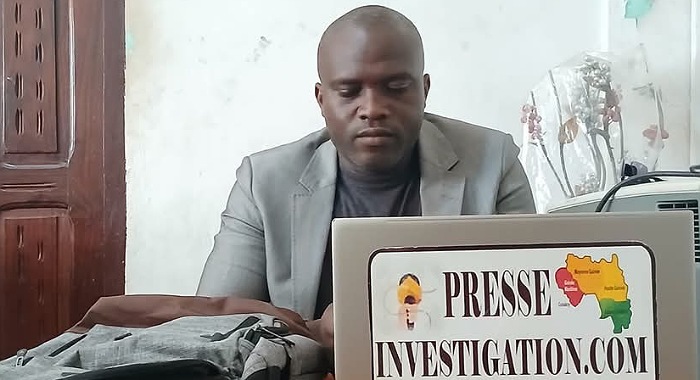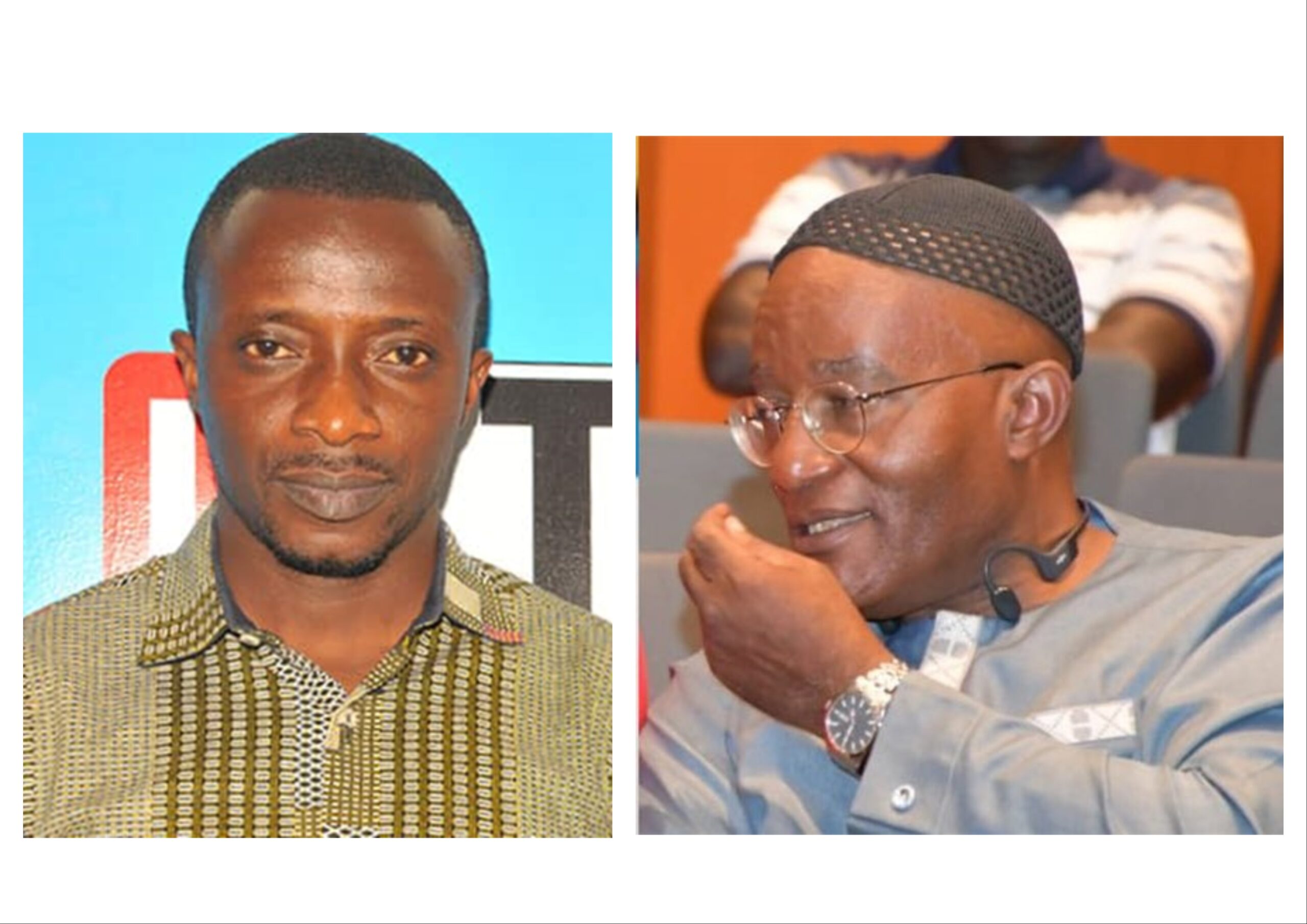Guinea’s media regulator, the Haute Autorité de la Communication (HAC), suspends journalist Toumany Camara and his news website, www.presseinvestigation.com, for three months over defamation claims.
According to the HAC, the sanctions were issued in accordance with Articles 39, 40, 53, and 108 of Guinea’s Organic Law L/2010/02/CNT of June 2, 2010, on press freedom. The sanctions followed a complaint by Ms. Aïssata Beavogui, Country Manager of the mining company Predictive Discovery. She accused Camara of “defamation and insult through online media.”
On April 28, 2025, the HAC suspended the news site for three months and withdrew Camara’s press card for the same duration, barring him from practising journalism until July 28, 2025.
In the article at the centre of the controversy, Camara reported that Ms. Beavogui—former General Manager of Guinea Alumina Corporation (GAC), a company reportedly shut down by Guinean authorities for noncompliance—had been appointed Country Manager of Predictive Discovery which is seeking a gold mining permit in the UNESCO-protected Haut Niger National Park. The article warned of potential compliance risks to the company and the extensive environmental risks if mining is permitted in the park.
Camara’s investigation highlights the grave threat to the park’s fragile ecosystem, which is home to endangered species and serves as the source of the Niger River. As Guinea’s largest nature reserve and a conservation priority for the West African sub-region, the park plays a vital ecological role that could be jeopardised by extractive operations.
Following a hearing, the HAC concluded that Camara had failed to provide evidence supporting his claims against Ms. Beavogui and had not given her a chance to respond to the allegations. On these grounds, the regulator proceeded with separate sanctions on the journalist and his website.
The Guinean Press Professionals Union (SPPG) has rejected the decision by the High Authority for Communication (HAC), describing it as “unfair, arbitrary, and dangerous.”
According to media reports, the Union’s General Secretary defended Camara’s article, citing its relevance to public interest. “When Toumany received the summons from the HAC, he contacted me. I read the article. Honestly, it’s a public interest piece—one that warns of the environmental risks linked to the exploitation of a buffer zone in the Upper Niger National Park, a UNESCO-protected area. It’s a matter of public health, of general interest,” he said.
The MFWA agrees with SPPG that Camara’s article is a public-interest report that highlights and also warns of the environmental crises that could arise as a result of exploitation in the buffer zone. We, therefore, call on the HAC to engage the SPPG over the concerns raised and reconsider the sanctions handed down to the journalist and his website. We also urge journalists to continuously uphold the highest ethical standards and ensure that there is fair representation of all parties in their reports.






